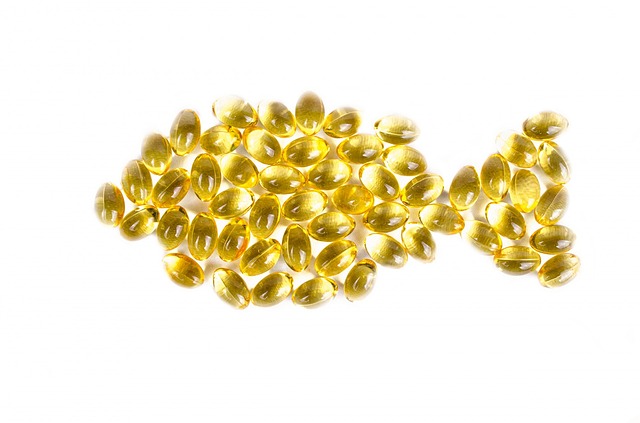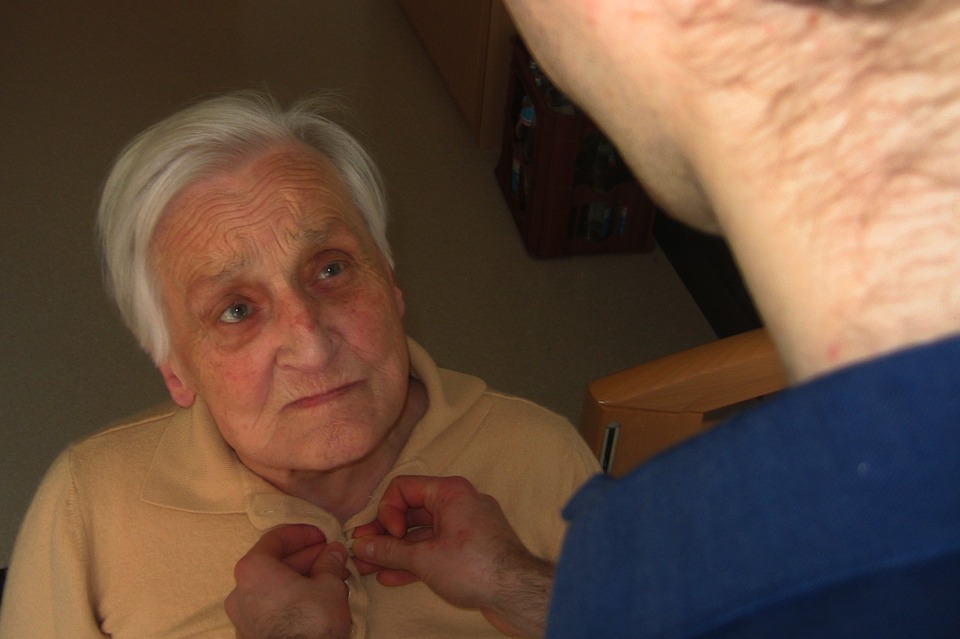
by Dr. Michael Murray | Feb 6, 2017 | Depression
Are Psilocybin Mushrooms a Game Changer for Severe Anxiety/Depression? Introduction: There are major developments taking place right now in medical research that I believe will eventually lead to amazing new treatments. The ironic thing is that in many cases some of...

by Dr. Michael Murray | Jul 18, 2016 | Depression
Approximately 30 million Americans take antidepressant drugs. That is a mind-blowing statistic. The obvious question is: Why are so many people depressed? There are a lot of theories, but the way a person feels at any point in time is determined by the interplay...

by Dr. Michael Murray | Dec 15, 2015 | Depression, Most Recent
Introduction: Bright light therapy has a proven track record of success in the treatment of seasonal affective disorder (SAD), commonly referred to as the winter blues. A new study from the University of British Columbia shows that this simple and safe therapy is...

by Dr. Michael Murray | Oct 6, 2015 | Depression, Most Recent
Introduction: What if in the treatment of depression, physicians quit relying on manipulating brain chemistry with drugs and focused instead on supporting brain chemistry? Based upon the results of a new study with fish oil supplementation conducted at the University...

by Dr. Michael Murray | Apr 7, 2015 | Depression
Introduction: Depression is a major public health problem, especially in women. Recent statistics indicate that approximately 63% of American women and 35% of men will experience clinical depression at some point in their lifetime. While depression is clearly a...

by Dr. Michael Murray | Feb 3, 2015 | Alzheimer's Disease, Depression
Introduction: A new study out of the University of Washington provides the strong evidence that certain popular drugs may increase the risk for dementia in older adults. The drugs share some common mechanisms within key areas of the brain, but are used primarily as...









